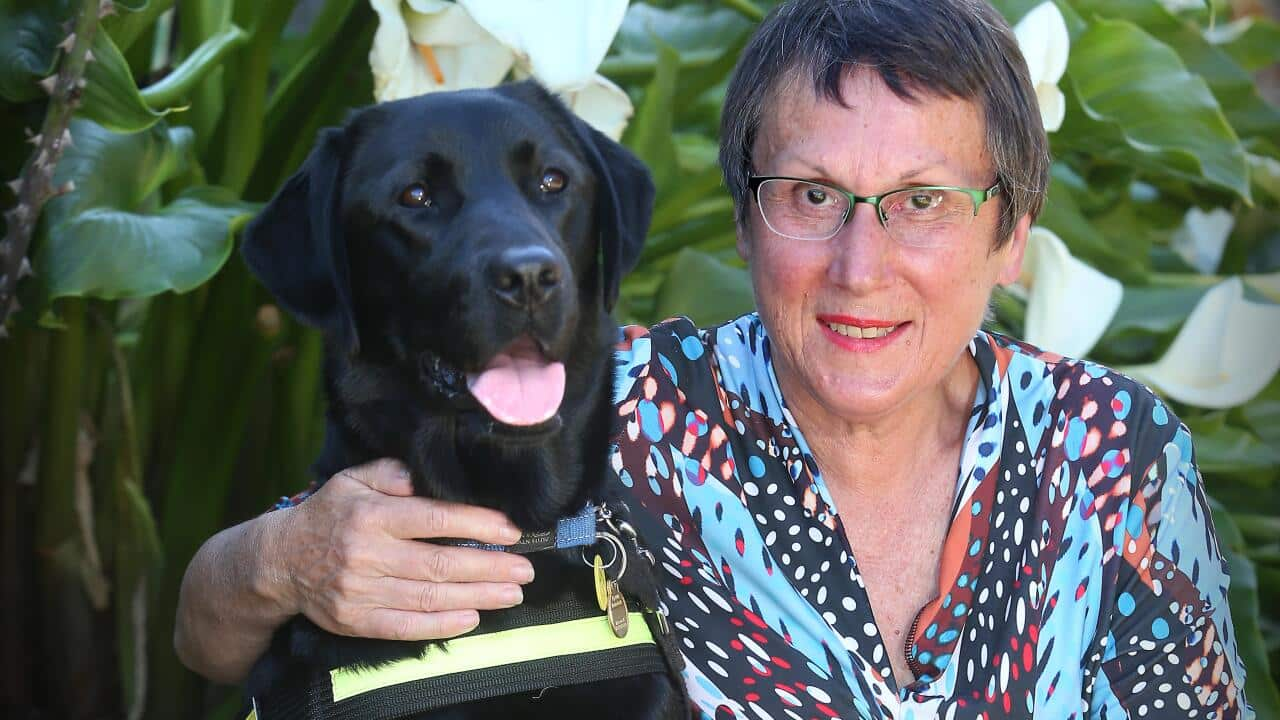Benito Chan knows the ups and downs that come with caring for a loved one with dementia.
He looked after his mother for eight years. At the beginning, he was surprised by the amount of care required.
"At first I didn't know the gravity of what I was entering. I just said, 'I'm here and I'm happy to help'," he told SBS News.
"But then little by little as the days went on I just realised, this isn't going to be easy."
A survey released this week by Dementia Australia found 91 per cent of people who have a loved one with dementia have indicated others don’t keep in touch with that person as they used to.
Eighty-seven per cent of those with dementia felt people patronised them and treated them as if they are not smart.
Maree McCabe, the CEO of Dementia Australia, said discrimination in this instance was unintended.
"One of the things about dementia is it's largely an invisible disability, and what we can't see we often don't understand and what we don't understand we avoid, and that's the experience for people living with dementia," she said.
"People are withdrawing from them, they're being isolated and it has an impact on their own wellbeing and their mental health."
The Australian Institute of Health and Welfare has found dementia is the second leading cause of death in Australia.
It is estimated up to 472,000 Australians are living with dementia, but that number is predicted to more than double by 2058.
And the rate among Indigenous Australians is estimated to be three to five times higher than for the rest of the population.
Mr Chan, whose mother died in 2018, said looking after her was one of the most important things he's ever done.
"I would not exchange it for anything, it is the best thing I could have done," he said.
"I'm so thankful for that opportunity. It's a privilege to care for someone, to be their arms and eyes and ears."
The federal government has pledged $13 million to ensure dementia data stays up to date, in a bid to improve health policies for those living with dementia and their carers.
Fleur de Crespigny, head of the dementia unit at the Australian Institute of Health and Welfare, says the report highlights the pressure carers are under.
"We estimate that there are about 337,000 carers of people with dementia in Australia and these people are providing constant unpaid care," she said.
"In fact, half of them provide more than 60 hours of care a week. And 40 per cent of carers say they need more assistance."
That's something Mr Chan feels very strongly about.
"It's the carers like me who bear the burden of the discrimination," he said.
"If I could be able to help just make one person realise that it's okay, and it's not a contagious disease, it's okay to acknowledge them for what they are."



